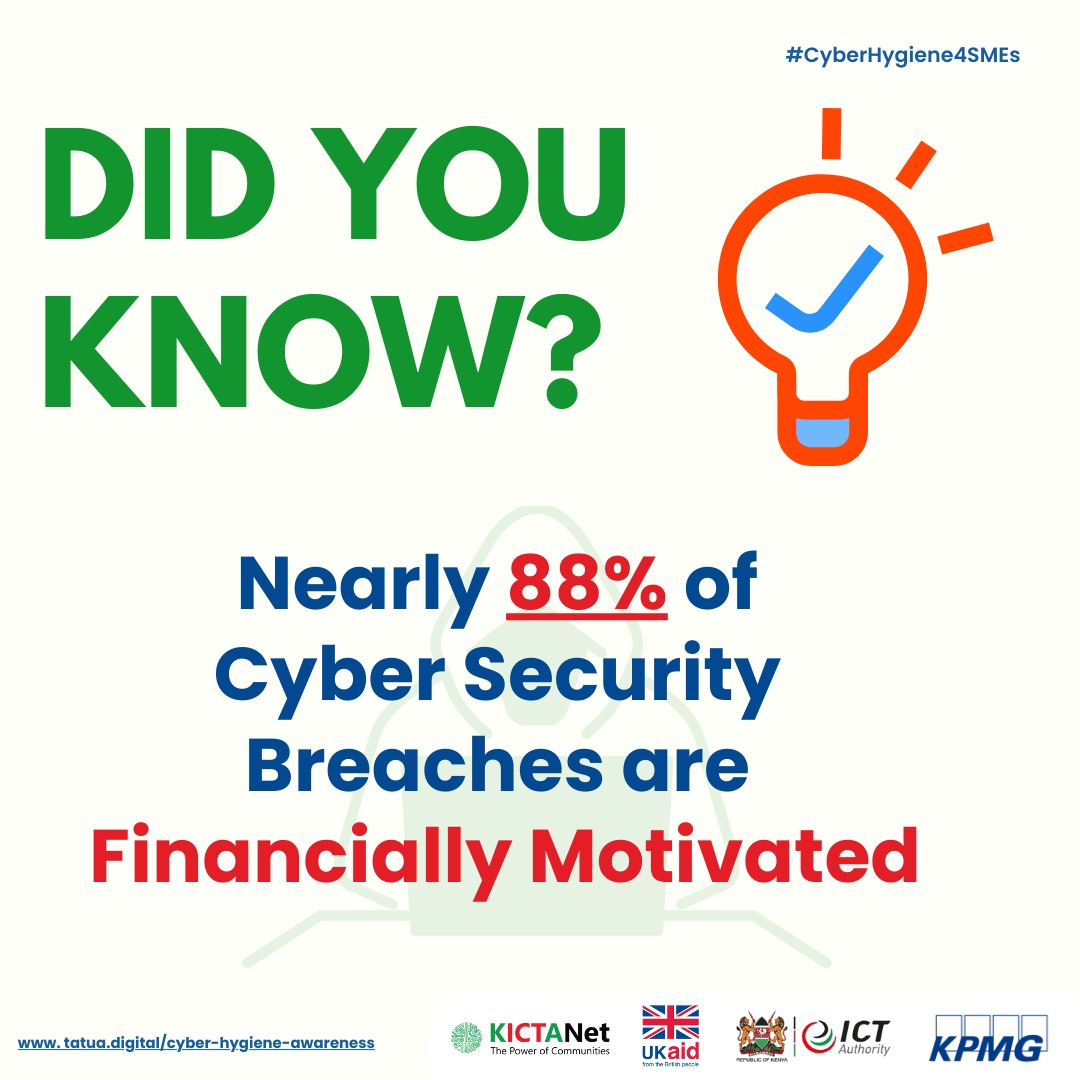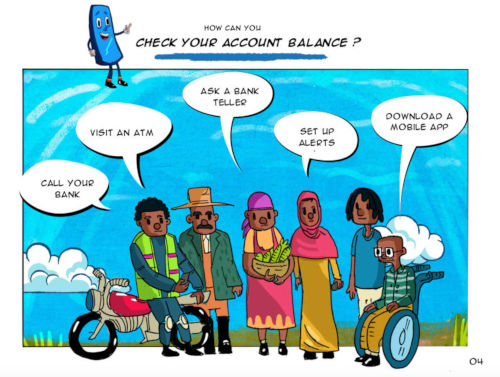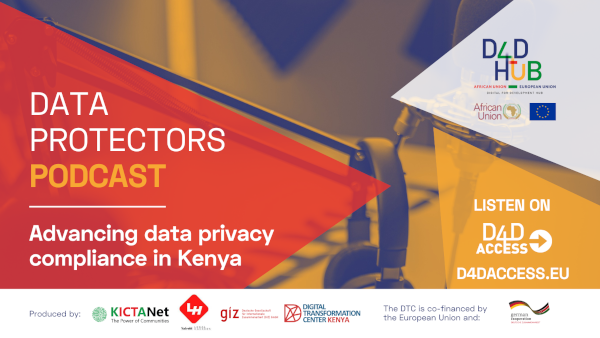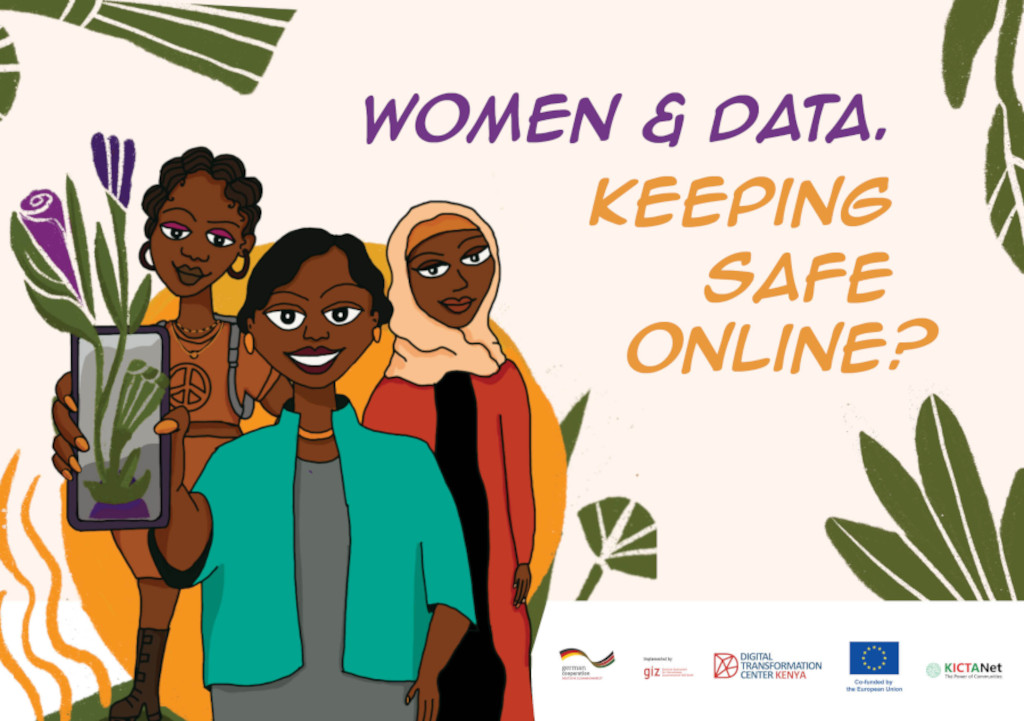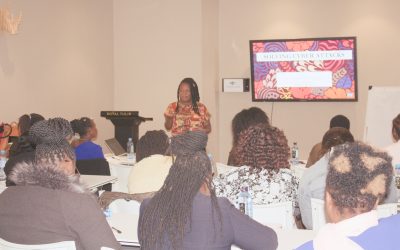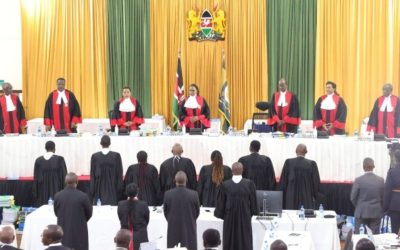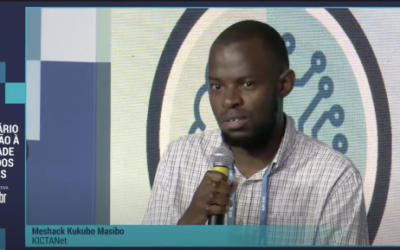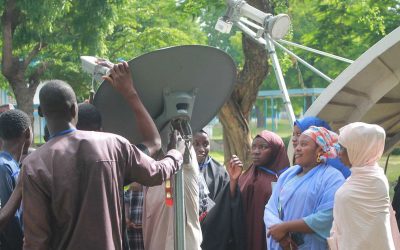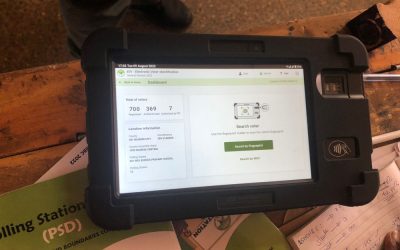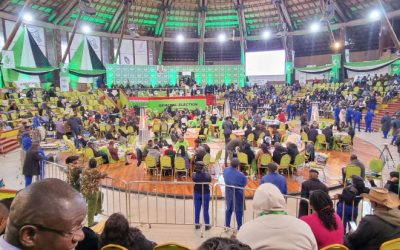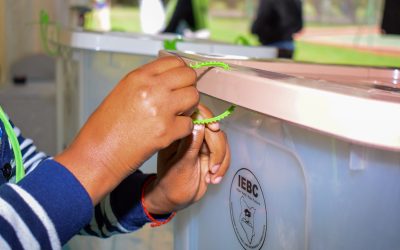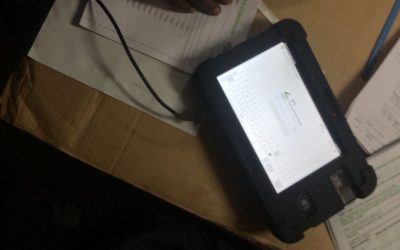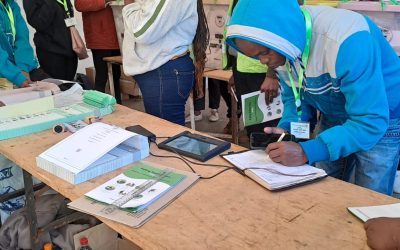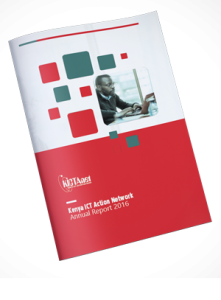KICTANET POST : Latest news, events & opportunities
KICTANet Conducts Digital Security Training for Women in Politics
On 2nd September 2022, KICTANet conducted a digital security training for active women in politics. The training is part of the DW Akademie women@web regional project with partners across 4 East African Countries. Thirty-one women, who had vied for various political...
2022 Kenya Presidential Petition – The Tech Issues and Their Rulings
This is a series of blogs about the 2022 Kenya Election. KICTANet has deployed 87 election tech observers covering 21 counties in Kenya.
![]()
KICTANet participates in the 13th Seminar on Privacy and Data Protection
On the 17-18 August 2022, KICTANet participated in the 13th Seminar on Privacy and Data Protection organised by Data Privacy Brazil in São Paulo, Brazil. The participants in the in-person edition included national and international experts, such as government...
All You Need to Know About Nigerian School of Community Networks
All You Need to Know About Nigerian School of Community Networks The second iteration of the Nigerian school of community networks convened by the Center for Information Technology and Development (CITAD) kicked off on 22 August 2022 at the Digital Bridge Institute in...
IEBC Commission: Should We Reserve a Slot for an ICT Professional?
By John Walubengo The ongoing 2022 Presidential petition has convinced me that, going forward, the Independent Electoral and Boundaries Commission (IEBC) commission would greatly benefit if one of its commissioners was an ICT professional. Unlike legal and accounting...
KICTANet Tech Election Observer report
This report presents a summary of the key findings of KICTANet’s election observation mission during Kenya’s general election held on August 9, 2022. During the election, the Independent Electoral and Boundaries Commission (IEBC) cleared 16,098 candidates to compete...
Kenya Elections 2022: Were The IEBC Servers Hacked?
By John Walubengo Were the Independent Electoral and Boundaries Commission (IEBC) servers hacked? This seems to be the million-dollar question before the Supreme Court. So, one has to be careful about what to discuss and what not to discuss in a matter before the...
Will IEBC publish the Election Computer Logs?
By John Walubengo. Now that the Chairman of IEBC has ‘sung’ and Kenyans have a new President-elect, what next from an electoral tech perspective? The law anticipates that some of the candidates may dispute the elections and subsequently file a Presidential Petition at...
What could go wrong in Tallying and Results Transmission Process
By John Walubengo. Ever since multiparty elections were sanctioned in 1992, Kenyans have always voted peacefully and gone home quietly. The election-related problems or violence that occasionally erupts arises from what happens AFTER polls close and not during or...
KICTANet is a multi-stakeholder Think Tank for ICT policy and regulation. The Think Tank is a catalyst for reform in the Information and Communication Technology sector. Its work is guided by four pillars of Policy Advocacy, Capacity Building, Research, and Stakeholder Engagement.
KICTANet’s mission is to promote an enabling environment in the ICT sector that is robust, open, accessible, and rights-based through multistakeholder approaches.
During the 2022 – 2024 strategic period, KICTANet has prioritised the promotion of effective multistakeholder participation; an enabling legal, policy and regulatory environment; building capacities and empowered communities; and institutional strengthening. KICTANet’s guiding philosophy encourages synergies in ICT policy-related activities and initiatives. As such, the network provides mechanisms and a framework for continuing cooperation, engagement and collaboration in ICT matters among industry, technical community, academia, media, development partners, civil society and government.
_____
Strategic Priority.
- Convening power. To strengthen and promote engagement, collaboration and relationships with relevant stakeholders (state, business and non-state actors).
- Promoting an enabling environment. To catalyse policy, legislative and regulatory reforms in the ICT sector.
- Building capacities and empowered communities. To build the capacity of the stakeholders across government, business society and civil society and the citizens.
- Institutional strengthening.
The report outlines the work undertaken in between 2007 and 2016 which is underpinned by crowd sourcing and community engagement
Click here to download the report
FACTS AND FIGURES
Achievement of the Network over the Years
Publications
Thought Leadership Forums
Persons trained
Policy Interventions
Conversations in KICTANET listserv
Active listers contributing often
Different conversation threads
Impressions on ICT policy discussions
Our Pillars
KICTANet’s organisational strategy:
Policy Advocacy
Capacity building
Research
Stakeholder engagement
We facilitate stakeholder engagement through collaborative initiatives in face-to-face Town Hall meetings, and in the KICTANet?s interactive mailing list where multiple stakeholders engage regularly on ICT policy issues.


